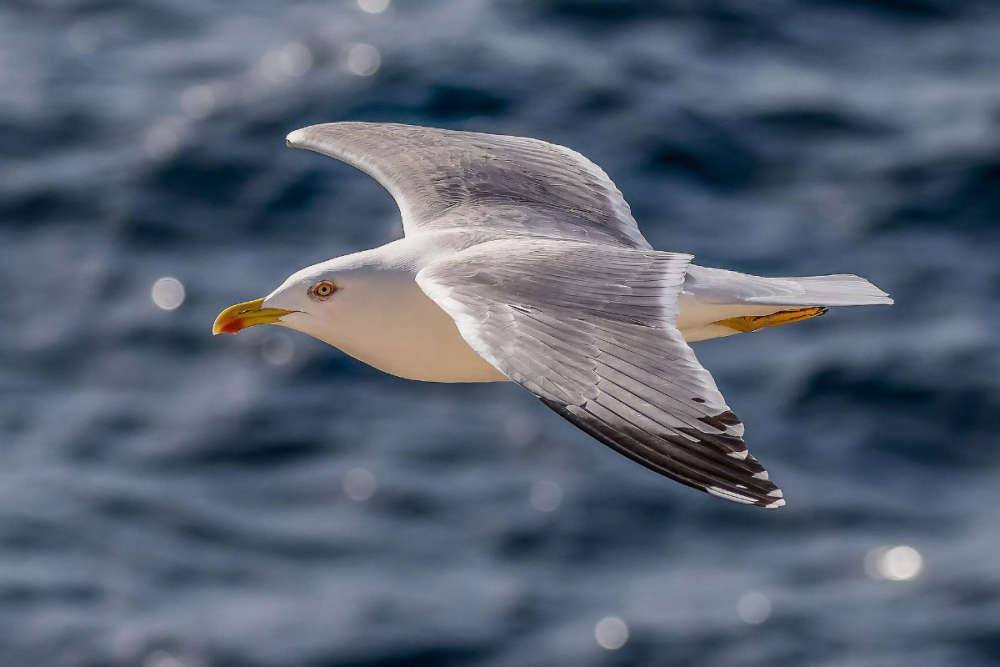
Jersey has recorded its fourth bird flu case of the year.
A herring gull found dead at Long Beach in Gorey has tested positive for avian influenza.
Birdkeepers are being 'strongly encouraged' to ramp up security measures to prevent an outbreak.
Measures include:
- Keeping captive birds away from wild birds.
- Store food and bedding away from wild birds and make sure captive birds are fed and watered inside their housing.
- Clean up any spilled feed, litter and standing water.
- Place foot dips at bird housing or run entrances and exits. Refill them regularly using an approved 'diseases of poultry' disinfectant.
- Routinely clean and disinfect bird housing, cages, feed stores and pathways.
More detail on the measures to take can be found here.
Jersey's Deputy Chief Veterinary Officer, Caroline Terburgh, says it's now more important than ever for islanders to keep their poultry away from wild birds.
"By following stringent biosecurity measures we can avoid the potential spread of avian influenza, because we do not want to have to impose mandatory housing restrictions during these hot summer months. We do, however, ask that keepers begin to consider how they might house their birds, should such restrictions be required again in the event of a wider outbreak in poultry or other captive birds.
We ask all those working in the countryside, especially those who keep poultry, to be particularly vigilant and report any unusual symptoms. We would advise the public not to handle any dead or unwell birds, and to report any suspicious deaths to the Natural Environment team on 01534 441600."
Strict measures were introduced in March after the island's third blu case of 2022 was announced.
They were lifted on Liberation Day after no further cases were detected.
Bird flu is spread when an infected bird sheds the virus in its faeces, saliva or mucus.
Other birds get infected by eating or inhaling the virus.
The UK Health Security Agency says the risk to public health is low.


 Jersey athlete, Lily McGarry, appeals for donations for prosthetic limbs
Jersey athlete, Lily McGarry, appeals for donations for prosthetic limbs
 Levante Jet makes maiden voyage to Jersey
Levante Jet makes maiden voyage to Jersey
 The split between working and non-working Jersey homeless is nearly 50/50
The split between working and non-working Jersey homeless is nearly 50/50
 ArtHouse Jersey launches Liberation 80 exhibition
ArtHouse Jersey launches Liberation 80 exhibition
 Carers offered free training sessions for dementia
Carers offered free training sessions for dementia
 Firefighters save two islanders from serious St Peter car crash
Firefighters save two islanders from serious St Peter car crash
 New Channel Islands catamaran tests well in choppy seas
New Channel Islands catamaran tests well in choppy seas
 Jersey-born artist's work exhibited in the British Museum
Jersey-born artist's work exhibited in the British Museum

